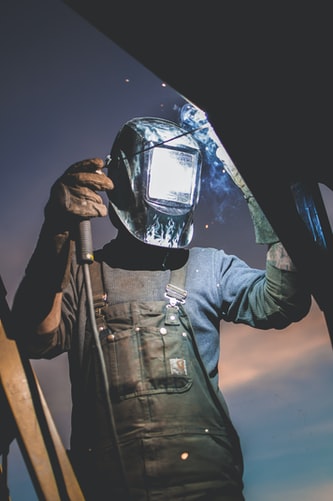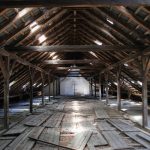Their asbestos-laden concrete, shingles, wools, and other insulation endangered the lives of machinery workers, factory employees, metal workers, engineering workers, and boilermakers, as asbestos exposure is linked to developing asbestosis, pulmonary cancer, and mesothelioma.
Harmful Products and Health Consequences
People began filing asbestosis lawsuits against Rapid American Philip Carey Manufacturing Co. and its subsidiary companies around 1970 due to the large number of asbestosis cases that had already been diagnosed at that time. In some instances, people who worked around Philip Carey’s insulation later developed deadly cancer.

Celotex, a division of the Carey Manufacturing company, was sued so much in the 1980s that they filed for bankruptcy in the 1990s. The bankruptcy left Rapid American open to further litigation since people with claims against Celotex could not get their claims paid when the trust established to pay off claims ran out of available funds.

People who worked in the metal industries, including welders and metal pourers, who developed mesothelioma resorted to filing legal complaints with the courts in the 1990s. Likewise, members of the military who worked around insulation made by Rapid American or Philip Carey Manufacturing Co. who became ill had to resort to suing manufacturers since the Navy is absolved of liability for veterans’ diseases and deaths.

Lawsuits and Bankruptcy
Mesothelioma has a long latency period and is often not diagnosed until several decades after exposure to asbestos. Thus, as more people began to be diagnosed with asbestos-related disease, more people resorted to suing Philip Carey over putting their lives at risk. Like many manufacturers of asbestos insulation, Rapid American and Philip Carey Manufacturing did not warn their workers or others who worked closely around their products of the potentially carcinogenic effects of exposure.
Some of these workers also brought home the toxic dust and fibers to family members on their uniforms, which occasionally caused secondhand disease in wives who washed their husbands’ work clothing or in children who hugged their fathers who came home caked in carcinogens.

While the dangerous health risks associated with utilizing asbestos insulation were not known to companies like Rapid American when it first began mining and manufacturing the material in the 1800s, corporations were well aware by the 1960s and 1970s that working around asbestosis-inducing products could cause long-term health problems.


 Rae Steinbach
Rae Steinbach
 Lauren Weinand
Lauren Weinand